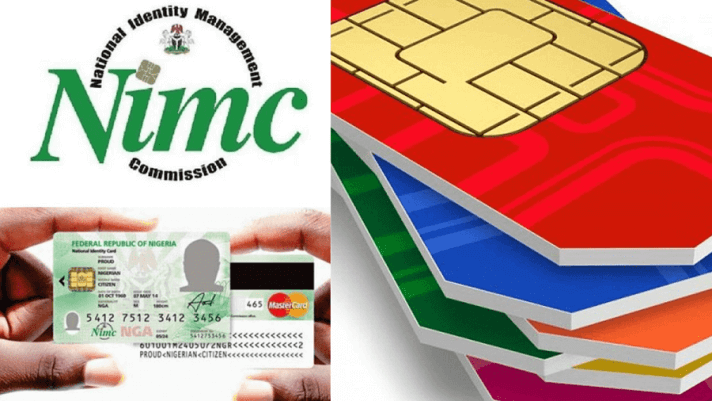…No one below 18 can register SIMs legally again
Nigeria’s mobile subscriber base fell 30.09 percent to 153.32 million in September 2024.
This is as telecommunication companies lost 65.98 million to the SIM-NIN linkage, which ended in September 2024. According to official figures seen by BusinessDay, Nigeria’s total number of active lines fell to 153.32 million on September 14, 2024, from 219.30 million in March 2024.
This decline was attributed to the removal of all Subscriber Identification Modules (SIMs) not linked to a verified National Identification Number (NIN) by September 14, 2024.
The SIM-NIN was meant to help security agents identify criminals, especially bandits. As part of these efforts, no one under 18 can register a SIM again because it is a legal contract between a mobile network operator and a user.
According to industry stakeholders, no SIM card in Nigeria operates without a verified NIN. Earlier in August, BusinessDay reported that an estimated 66.01 million lines were at risk of disconnection if not linked before a September 14, 2024, deadline.
Read also: NIMC affirms seamless NIN-SIM linkage services
This was after the Nigerian Communications Commission (NCC) reported that 153 million lines had been linked to NINs.
“To date, over 153 million SIMs have been successfully linked to NINs, reflecting an impressive compliance rate of 96 percent, a substantial increase from 69.7 percent in January 2024,” the regulator said in August.
The SIM-NIN linkage initiative began in 2020, and by April 2022, 125 million lines had been linked. The NCC has set multiple deadlines since then, with the most recent series of final deadlines announced in December 2023.
“All SIMs for which the subscribers have not submitted their NINs are to be barred on or before 28 February 2024. Where five or more SIMs are linked to an unverified NIN, they are to be barred on or before 29 March 2024. Where less than five SIMs are linked to an unverified NIN, they are to be barred on or before 15 April 2024,” it noted.
The NCC highlighted that the exercise led to the discovery of cases where individuals possessed an unusually high number of SIM cards—some exceeding 100,000—through collaboration with the Office of the National Security Adviser (ONSA) and the National Identity Management Commission (NIMC).
